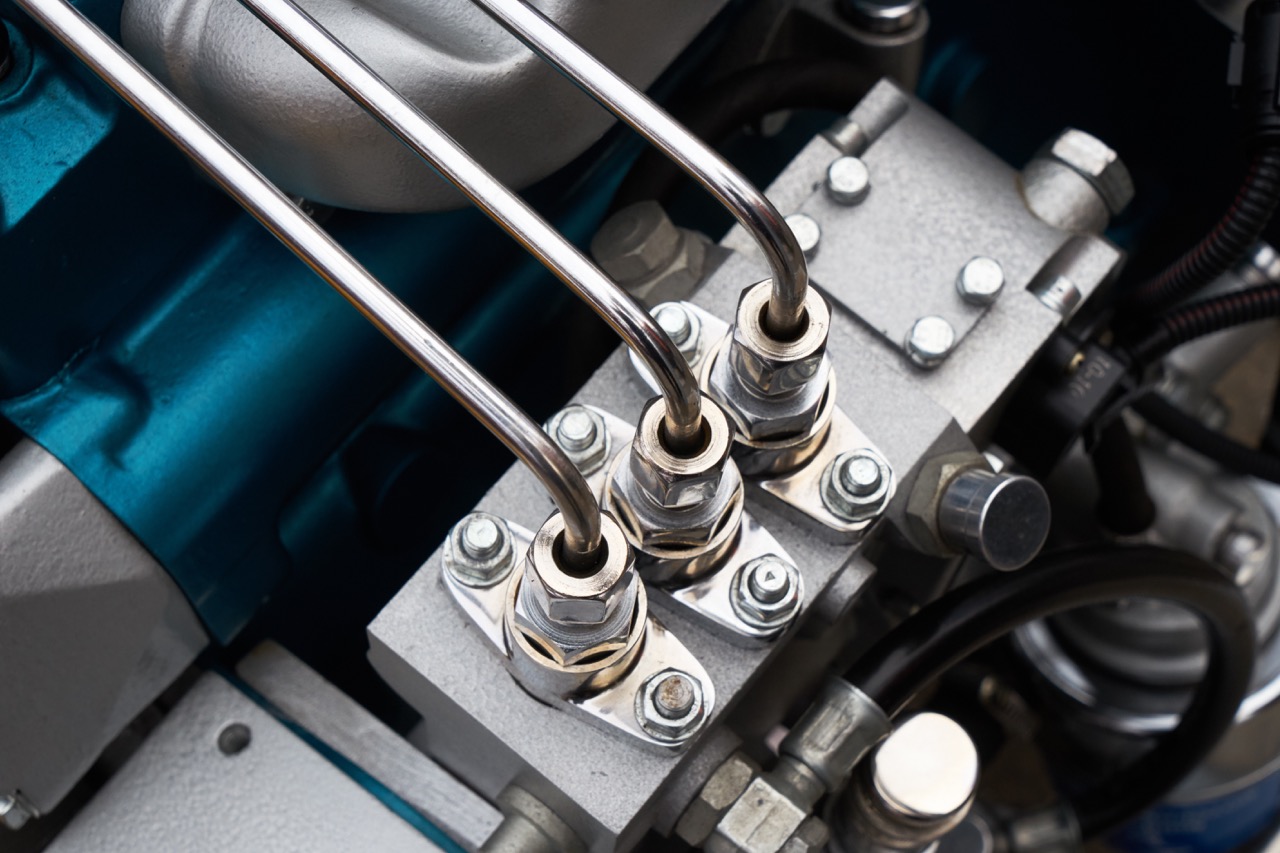
Your car’s fuel pump supplies gas from the gas tank to the engine to enable a smooth drive.
If the pump fails, overheats, or becomes damaged, the engine in your car won’t get enough fuel to run perfectly or start at all.
Your car’s fuel pump should last at a minimum of 100,000 miles or more. You may notice these eight signs if you’ve exceeded that mileage milestone or if it doesn’t last that long.
If you do, consider taking your car to your local dealership to have the fuel pump replaced.
Low Fuel Pressure
You’ll need to test your fuel pressure to know the nature of your dying fuel pump. You can purchase a fuel pressure gauge at any auto parts store.
Bring a friend to rev the engine while you test your fuel pressure by reading the gauge. You can compare it with the recommended fuel pressure contained in the owner’s manual.
Sputtering Engine
Your fuel pump is trying to send a message if your engine begins to sputter once you’ve hit the top speed on the highway.
The sputters show that your engine is not served with enough fuel, which a failing or clogged fuel pump could cause.
Sputters can also indicate a spark plug problem.
Power Loss
In cases where your engine does not sputter, you may experience power loss under certain conditions if your fuel pump is faulty.
For instance, let’s say you’re driving up a steep hill, and immediately you lose power. This can indicate the fuel pump is not supplying enough fuel to the engine, and it can’t handle the stress of the hill.
Read also: What happens when the fuel pump goes out suddenly while driving?
Overheating Engine
If your fuel pump is faulty, it might begin to overheat, and this heat will also cause your engine to overheat.
Compared to the radiator, that will overheat to the point the cap bursts open and spews scalding, hot coolant everywhere; an overheat caused by a faulty fuel pump will stall out the engine.
Once you notice a sign of overheating, please pull over.
Gas Mileage Decrease
If the fuel pump supplies too much fuel to the engine, or the relief valve does not close to control fuel flow, you’ll discover your car isn’t getting the gas mileage it normally receives.
Keep track of your mileage to remain on top of fuel efficiency. A reduction in fuel efficiency could result from a faulty fuel pump.
Surging Engine
The opposite of not enough fuel is too much fuel, and a dying fuel pump can also supply too much fuel to your engine.
When this happens, you will discover your engine surging, making driving unsafe.
What surges mean is that your vehicle starts and then drops speed, which is not good on the road.
Difficulty Starting Your Car
Although not being able to start your car can result from several issues, a dying fuel pump could also be a reason.
When you turn the key to your engine, and it cranks over, but it feels like it won’t pick up, there’s a good probability that the fuel pump can’t transfer gas to the engine.
If you keep trying and start the car without enough fuel, you’ll drain the battery and put additional stress on the starting system leading to car repairs.
Read more: How to start a car with a bad fuel pump
Dead Engine
Even if you do not notice any of the signs mentioned above, you might end up with a dead engine.
If the fuel pump gets faulty or clogged, it cannot supply gas to the engine. When this occurs, you won’t be able to start or run your car at all.
The trouble could also be clogged fuel lines.
Ensure you keep your fuel pump in good working condition by not allowing your vehicle to get too low on fuel, purchasing fuel from a reputable station, and having the fuel pump inspected regularly.
Related Posts
Key Takeaways On average, passenger vehicle tires last 40,000 to 60,000 miles, depending on type, driving habits, and maintenance. Replace tires when tread depth reaches 2/32”, if damaged, or older than 10 years. Regular rotation, alignment, and proper inflation extend tire life. Aggressive driving, poor roads, and harsh weather shorten tire lifespan. Take advantage [...]
When you think about car maintenance, you probably focus on oil changes, tire rotations, and maybe even brake pad replacement. But what about your brake fluid? If you’ve ever wondered, “What does brake fluid do?” or “Why is brake fluid important?”, you’re not alone. Brake fluid might not be the most talked-about part of [...]
Is that high-pitched squeal from your brakes driving you—and everyone else—crazy? Don’t ignore it. Squeaky brakes aren’t just annoying, they’re your car’s way of saying something needs attention. Whether you're cruising through Salt Lake City or winding up Idaho’s mountain passes, here’s what’s likely going on, how you can fix it, and when it [...]





